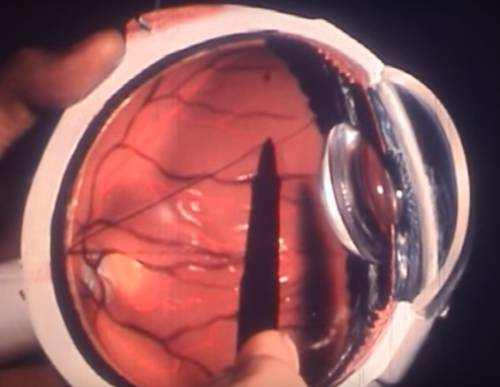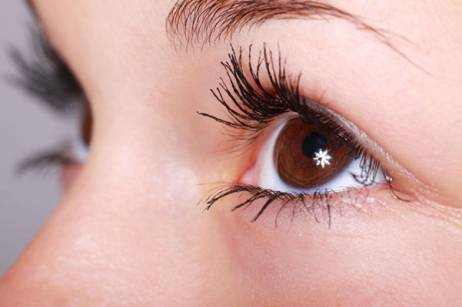Imagine waking up one morning, and suddenly you start seeing things that aren’t really there—a cat sitting on your bed, a tree growing in your living room, or even people you’ve never met just standing around. This might sound like something out of a movie, but it’s a real experience for some people, especially those who have lost a lot of their vision. This condition is known as Charles Bonnet Syndrome (CBS).

What is Charles Bonnet Syndrome?
Charles Bonnet Syndrome happens when people with significant vision loss start seeing visual hallucinations. These aren’t dreams or nightmares; they happen when you’re fully awake. The things people see can be simple, like shapes and colors, or more detailed, like animals, buildings, or even people.
Let’s look at an example. Mrs. Johnson, an 82-year-old woman with severe vision loss due to macular degeneration, started seeing colorful birds in her kitchen. The birds would flutter around, but they never made a sound. She knew they weren’t real because her daughter couldn’t see them, but they looked so vivid that it was hard to believe they weren’t there.
Why Do These Hallucinations Happen?
Think of your brain as a television. When your eyes (the TV’s antenna) can’t pick up a clear signal, the screen might show random static or strange images. In CBS, your eyes aren’t sending enough visual information to the brain, so the brain starts filling in the blanks with images it creates on its own.
Case Study: Mr. Roberts and the Dancing Lights
Mr. Roberts, a 70-year-old man with glaucoma, began seeing flashing lights in the corner of his living room. At first, he thought it was a problem with his lamps, but when he unplugged them, the lights were still there. His brain, trying to make sense of his reduced vision, was generating these images.
Is CBS Dangerous?
CBS isn’t dangerous, but it can be confusing or even frightening. The important thing to remember is that these hallucinations aren’t a sign of mental illness. They are just your brain trying to make sense of the lack of visual input.
Here’s a quick way to think about it:
- CBS Hallucinations: Your brain is “daydreaming” because it’s not getting enough information from your eyes.
- Mental Illness Hallucinations: Usually involve all senses and come with other serious symptoms, like confusion or delusions.
Who Gets CBS?
Anyone who loses a significant amount of vision can experience CBS, but it’s most common in older adults. For instance, after Mrs. Jackson, who is 75, had cataract surgery, her vision didn’t improve as much as she had hoped. Soon after, she started seeing floating faces in her living room. She found it disturbing until her doctor explained it was a normal reaction to her vision loss.
What Can You Do About It?
While there’s no cure for CBS, there are ways to manage it:
- Talk About It: Sometimes just knowing what’s happening can make it less scary. Share your experiences with friends, family, or your doctor.
- Keep Busy: Engage in activities that use other senses, like listening to music, to distract your brain.
- Adjust Your Lighting: Better lighting can sometimes reduce the hallucinations.
Case Study: Mrs. Thompson’s Garden of Faces
Mrs. Thompson, who has diabetic retinopathy, began seeing a garden full of strange faces outside her window. She knew the faces weren’t real because they never moved or spoke, and they didn’t interact with her at all. But they were so detailed that she often found herself staring at them, wondering who they were.
When to Seek Help
If you or someone you know is seeing things that aren’t there due to vision loss, it’s a good idea to talk to a doctor. They can help confirm that it’s CBS and not something else. Most importantly, they can reassure you that you’re not alone and that this is a known condition.
Conclusion
Charles Bonnet Syndrome is like your brain’s way of coping with vision loss by creating images. While it might be unsettling, understanding what it is can make it less frightening. And remember, if you’re seeing things that aren’t there, it doesn’t mean you’re losing your mind—just that your brain is trying to keep busy when your eyes can’t do their job.
If you or a loved one experiences this, take comfort in knowing that help and understanding are available, and many people live well with CBS.



